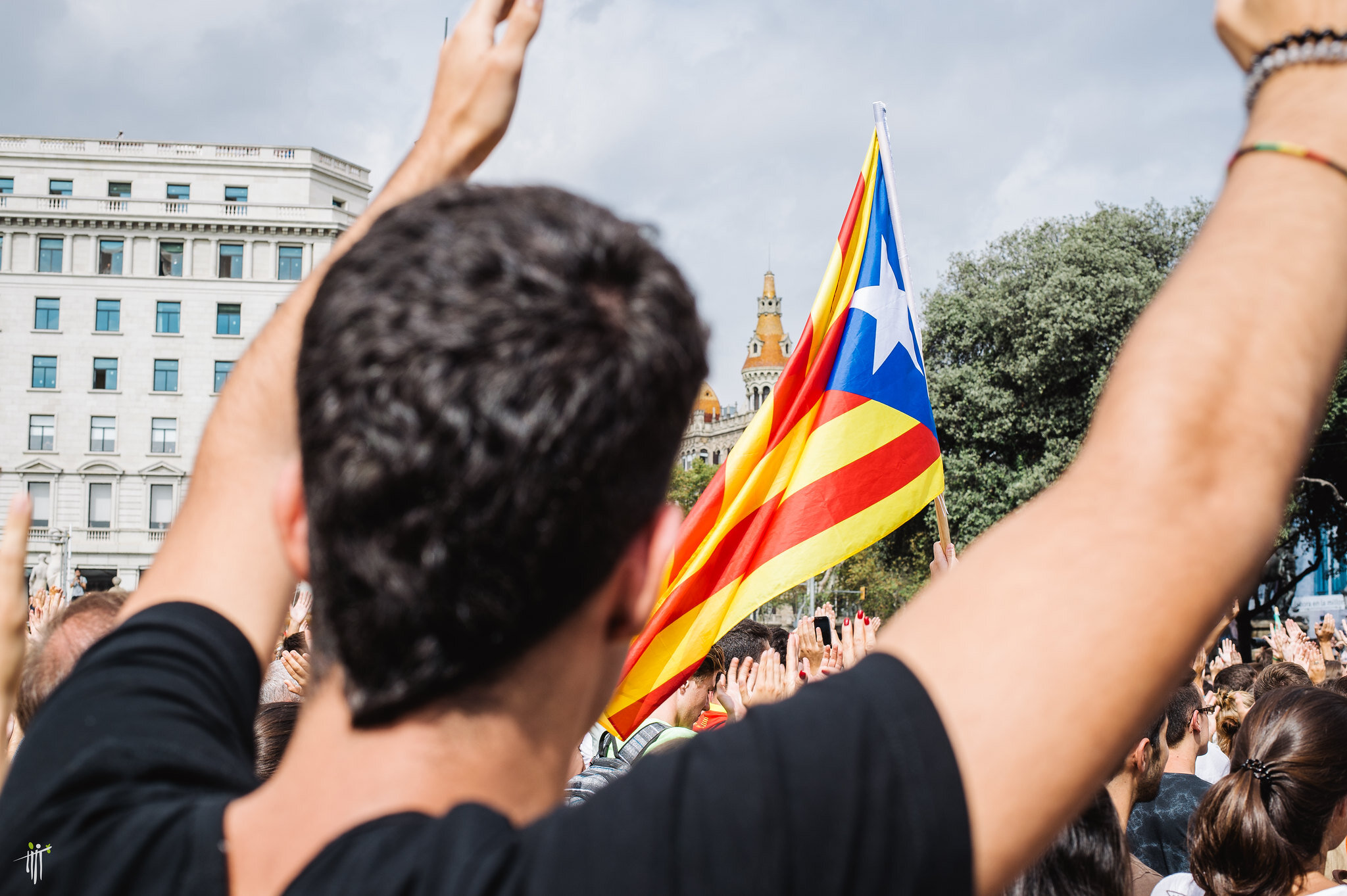Catalan Elections Strengthen Majority for Pro-Independence Bloc
Catalan regional elections on February 14 saw a shift in power towards pro-independence parties. (Flickr)
An alliance of parties calling for Catalonia’s independence from Spain won control of the regional parliament in the elections held on February 14.
The governing coalition slightly expanded its majority from 70 to 74 seats out of 135 in the legislature. For the first time, pro-independence parties also secured an outright majority of votes in a regional election, claiming 51 percent of the total votes cast. Turnout was lower than average at only 54 percent of registered voters, a drop in participation widely attributed to the COVID-19 pandemic.
While pro-independence parties earned a combined majority of seats, the plurality of the vote went to the unionist Socialists’ Party of Catalonia. At the same time, the far-right Vox party won seats in the regional legislature for the first time, outperforming its more moderate conservative opponents.
Socialist leader and former Spanish Minister of Health Salvador Illa said that he will seek the regional presidency, although doing so would require the support of either separatists or right-wing parties like Vox—neither of which are likely to back his bid for control.
Current Acting President Pere Aragones, the leader of the separatist Republican Left of Catalonia party (ERC), is likely to keep the position he took in 2018 after courts banned the previous two presidents from holding office. Aragones celebrated the results and made it clear that he would use the majority to push forward with independence, stating, “We have an immense strength to achieve a referendum and the Catalan republic.”
Although the Spanish government remains strongly opposed to independence, some politicians are hopeful about the possibility of a working relationship between the Socialists and the separatists in Catalonia. On the national level, the ERC already has an agreement with the Socialists to support the latter’s control in both houses of parliament. The previous plurality party, the conservative Ciudadanos, completely refused to negotiate with the independence bloc, and the Socialists could be more willing to compromise.
Despite the recent detente, there is still no clear path toward independence for Catalonia. The 2017 independence referendum and subsequent crackdown on separatist politicians deepened the divide between pro-union and pro-independence leaders, and nine prominent Catalan politicians remain incarcerated for their role in the referendum. At the same time, the Spanish government’s COVID-19 policies have already tested the balance of power between Spain’s national government and regional officials in recent months, such as when Prime Minister Pedro Sanchez forced Madrid to accept more restrictive lockdowns.
With increased voting power for the separatists, promising gains for the Socialists, and an emboldened far-right, the recent elections leave the future of Spain’s most economically powerful region uncertain.

